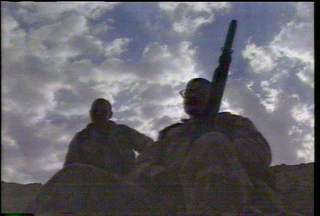
In a world so economically disparate as ours, how can basic human rights be equitable. What would be termed a violation in one nation may be more than acceptable in another. To give an example: a 15 year old in China may be stuffing toys in a 10 x 15 room along with ten other boys, and be thankful for it since it provides a square meal for his family that would otherwise starve. A 16 year old in Ukraine may decide to be a part of the flesh trade as a way out of her impoverished and hopeless situation. In either of the two cases the apparent victim does not perceive himself as one. In fact he is simply exercising his/her natural instinct of survival at all costs. That the cost appears high to a person or persons of stable and flourishing economies in developed nations, is no surprise. However, what is surprising is that it is these persons in developed nations and flourishing economies that have the upper hand in determining the rubric for what entails a human right violation. The UN Human Rights Commission sits various countries that have defined powers, but it is the western nations that hold the vote primarily as member nations, others like Iran are but mere observers. The current controversy surrounding Mortazavi's inclusion in the Iranian Delegation to the UN Human Rights Conference has raised red flags in most of the rich western nations including the USA; understandably so, given his much publicized wrongdoings, especially the one involving a Canadian photo journalist. However, it is not so clear to me how and why Mortazavi can be prevented from attending the conference. Afterall he is one of many appointed by his country to represent it at the conference. Furthermore, isn't it true that the viability of any proposition is only strengthened when the proposition is fairly debated with ample representation on either side. So then if a Mortazavi does in fact accompany the Iranian delegation (even if only as part of the audience) the Human Rights conference stands to gain more credence.
Defining Human Rights on a world wide basis is no easy job. The UN Human Rights Commission, obviously cognizant of that, tries to get a balanced representation from nations around the world, only some of who are members while others are observers. But mere representation will not suffice, because countries deemed in violation of Human Rights are now unlikely to become members or even observers of the Commission, as explained in the previous link. Given this scenario, what are the chances that a North Korea will get a fair hearing on its apparent Human Right violation issue in the upcoming session...


